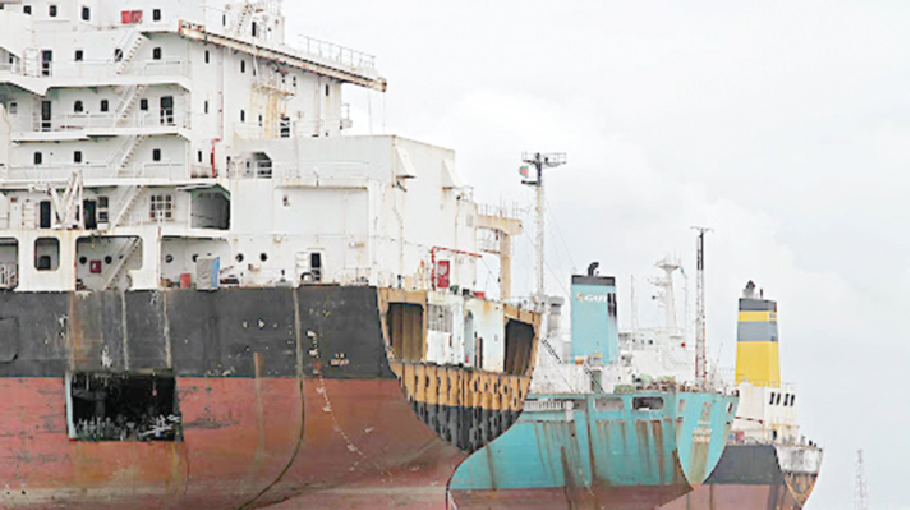Bangladesh’s ship-breaking industry is ‘world-class’
Says outgoing Norwegian envoy

Terming the ship-breaking industry of Bangladesh as "world class", the outgoing Norwegian Ambassador Espen Rikter-Svendsen on Wednesday said Bangladesh became the number one country in ship-breaking industry gradually improving from its previous position.
"Bangladesh can also strengthen its footprint in this industry further if it maintains different measures such as complying all rules and environment issues," the envoy opined.
Espen Rikter-Svendsen made the remarks during a farewell call on Prime Minister Sheikh Hasina at the PMO.
He also highly appraised the huge development achievements of Bangladesh.
PM's Adviser Salman Fazlur Rahman, Ambassador-at-Large Mohammad Ziauddin and PM's Principal Secretary M Tofazzel Hossain Miah were present.
A good number of local industries including heavy and light engineering already been developed depending on ship breaking industry
Sector insiders opine that in some ways the ship industry of Bangladesh is considered a “green industry”. Almost everything on the ship and the ship itself is recycled, reused and resold.
The scrapping of ships supplies raw materials to steel mills, steel plate re-manufacturing, asbestos re-manufacturing as well as providing furniture, paint, electrical equipment and lubricants, oil to the number of businesses that have sprouted up specifically as a result.
It generates large amounts of revenue for various Government authorities through the payment of taxes. Every year the Government collects revenue from the ship breaking industry through import duty, yards tax and other taxes.
Despite the conditions that the workers are employed under, this is an industry that employs thousands of people directly while another 0.1 million people are involved indirectly.
It provides employment for some of the poorest people from the north of Bangladesh who would otherwise have no employment.




